David Cameron wants to “finish the job”
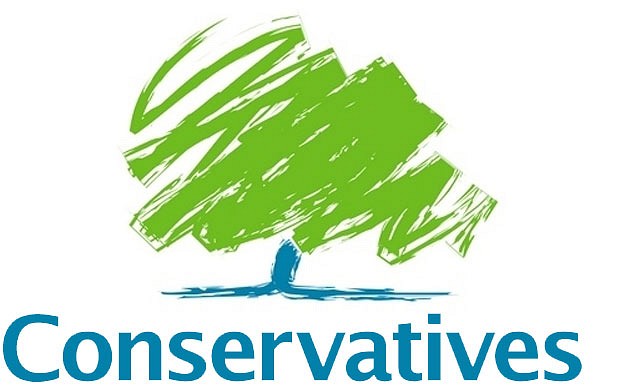
While the personal record of the current Prime Minister, running for the Tories, is particularly nuanced notably due to the financial crises which hit the UK, David Cameron is waving his promise of an in/out EU referendum by 2017. This referendum, dependent upon his re-election, the Tory leader is pushing forward to show his determination to re-write the relationship between the UK and the EU. With this referendum, he intends to put the European Council under pressure in order to force it to renegotiate European treaties in ways that would favour the UK. He wants to take on this arm wrestling with a solid majority in Westminster. Furthermore, the Tory leader is known for his kicking out against the Strasbourg judges, claiming on several occasions he was planning on leaving the European Court of Human Rights. David Cameron, the charismatic outgoing Prime Minister, has unsuccessfully attempted to bring the campaign back under the reassuring and traditional banner of bi-partisanship. Attacking his Labour opponent Ed Miliband, Cameron is asking voters to let him “finish the job”. Recent unemployment figures, down by 5.7%, as well as a 2.4% growth rate, could help to blur the memories of drastic cuts in social assistance and public services, especially when it comes to health – one of the major issues at stake in the campaign, with TTIP negotiations in the background. He is also relying on the recent success of his foreign policy, on his sternness towards the Kremlin and results on the topic of Iran. Economically liberal, he wants to take his policy of reducing red tape still further. Last but not least, he is campaigning on immigration, a topic which has been heavily debated among British voters. He has thus claimed his will to fight against “benefit tourism” and went as far as to question the freedom of movement within the EU. However, polls show a scattering of votes with the two leading parties at roughly 33% of votes each, which pre-empts tough coalition negotiations with the smaller parties in order to form a government. It is not a given that the Conservative party will be able to rely on its current partner, the Liberal Democrats, who are falling in the polls.
“Ed the red” is going his merry way

Formerly eurosceptic, the Labour party has since the Maastricht treaty and Tony Blair become a rather pro-European party. Lead by Ed Miliband, nicknamed “Red Ed” for being well on the left, the Labour party is determined to take Cameron out of office. Unlike the Tories, Labour repeatedly says it will not organise a referendum, unless more competences are transferred from member States to Brussels. The party states that it wants to favour national interest, reforming but not leaving the EU. Denis MacShane, former minister for European affairs under Tony Blair adds “Europe is the most distinctive item between left and right in this campaign. By opposing the referendum, Ed Miliband has taken the risk of upsetting some of the Labour party, but he has shown his quality as a leader”. Indeed, for Miliband the UK has its place in the Union and must take part in its internal reform: “the United Kingdom should be an active member of a reformed European Union”. Lucidly, Labour MP Emma Reynolds concludes that they “will not convince the British people to love the European Union, but by underlying its benefits and especially today the important risks of a Brexit, our citizens will draw the right conclusions”. However, this blinded trust covers a timid manifesto. The party recalls that “more than three million jobs in the UK are linked to trade with the European Union, its biggest export market.” It is on “solid economic grounds” that the party wants to build its policy. Nonetheless, Ed Miliband does not dare to claim his will to bring the account back at an equilibrium, anchoring his policy in the one of his opponent David Cameron. In order to differentiate, he portrays himself as the defender of ordinary people against the mighty bankers of the City. Contemplating an alliance with the Greens and with Plaid Cymru, an anti-austerity party led by Leanne Wood, Ed Miliband is on the contrary claiming to be against a coalition with the Scottish National Party (SNP): “I am not going to sacrifice our country’s unity”. In reaction to which the SNP has answered that “Mr Miliband seemed to say he preferred to see David Cameron and the Conservatives in office rather than working with the SNP”. The room for manoeuvre is limited for Labour.
The Liberal Democrats, a fading third force
While the Liberal Democrats have been working hard over the past decades to define themselves as the third force in British politics, becoming a necessary coalition partner in 2010, it is likely to lose quite a share of its seats, victim of its record in office. Conservatives have managed to make them take the blame for unpopular austerity-policies or the Libyan war, burdens which have meant a significant loss in the Lib Dems’ left-minded electorate. Despite their pro-Europeanism, Lib Dem leaders have already claimed their willingness to go back into government with either the Conservatives or Labour. An “in-between” positioning which might turn against them in the ballots. Lib Dems could fade to less than 10% of the votes, leaving space for other political forces.
UKIP: Eurosceptics on the rise
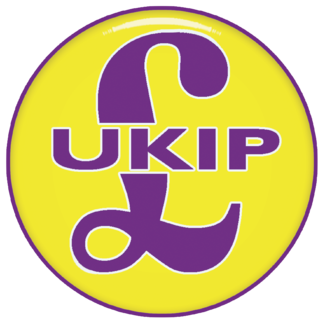
Eurosceptic, antifederalist and willing to take the UK out of the EU, the UK Independence Party is well-known among Europeans for its theatrical showing-off at the European Parliament. Its current leader Nigel Farage is co-president of the Europe of Freedom and Direct Democracy group. He wishes to see the UK being “once again governed by laws suited to its needs and its own Parliament”. An exit from the Union seems to be the solution to virtually every issue the country has, when portrayed by Nigel Farage. His solution is a full independence for the UK. In order to achieve that, he is campaigning for a Brexit, the reinforcement of borders and immigration control – a highly debated topic during the campaign, especially when coming to Europeans working in the UK. Seeing himself as a true liberal (economically speaking) Nigel Farage and his followers want to get rid of bureaucracy and intergovernmental organisations they see as superfluous. UKIP’s success in the UK is not benign. British public opinion seems more and more Eurosceptic and many, distrustful of David Cameron and his alleged lack of firmness towards Europe and immigration, have turned their backs on the Tories. However if UKIP made the show by coming first in the latest European elections with 26.77% of ballots, it will struggle to repeat this for the General elections. It could be a troublemaker reflecting the diversity of views among the British public opinion, but cannot count on more than a dozen seats at most, suffering from the FPTP system. The party is therefore claiming to consider a vote-by-vote support of a Tory government. “I will seek an agreement where we will support crucial votes like the one on the budget against specific requirements on the EU referendum. I want a fair referendum organised in 2015” said Nigel Farage”. However, in view of the rise of Scottish independentism, the rallying to Tories could become clearer. Even if support for UKIP has diminished to 13% in a short while, the party is a force in British poltics and will seek to influence the formation of the next majority. Ironically enough, Nigel Farage and several of his colleagues could quit the European Parliament to enter Westminster, jeopardising the stability of his group in the EP.
The revenge of the Scots
The “Scottish National Party” (SNP) could be the kingmaker of this election. Reinforced by the referendum on Scottish independence held in September 2014, where independence gathered nearly 45% of the votes, the SNP is foreseen to do well in Scotland and should get its hands on most Labour-held seats in these constituencies. Labour might therefore be forced to negotiate a coalition in order to gather a big enough majority to conquer Downing Street, despite Ed Miliband’s reluctance. Strongly europhile, the party is opposed to a Brexit and goes as far as claiming in its manifesto “For a Stronger Scotland” that it wants to see a double majority created for a referendum in order to allow for regional entities to have a say in the final decision. Its leader, Nicola Sturgeon, who took over after Alex Salmond’s resignation in 2014 has also been saying a referendum on Brexit could lead to another one – on Scottish independence this time. The SNP manifesto allows for a glimpse of its European vision. Very much in favour of freedom of movement, it pushes forward “the benefit European citizens make to Scotland and the opportunities given to Scots in the EU”. Finally, the party asks for a greater role for decentralised administrations, such as the one composing the UK, in the EU.
The Greens, seducing europhiles from Labour
“Our vision of Europe is positive, and not based on fear and nostalgia.” Here is the beginning of the Greens’ manifesto, a party which is foreseen to gather around 6% of the votes. Even if it believes the UK cannot deprive itself from its European roots, it is in favour of an in/out referendum in the name of democracy. Its political vision on Europe is essentially articulated around the reform of a Union “dominated by economic interests, lacking democratic control and promoting the interests of multinationals more concerned with their profits than citizens.” The party appears therefore as the best ally for Labour. In the event of a referendum, the party could campaign for keeping the UK in the EU, if not to deepen its involvement in the European construction.
It is unlikely a clear majority will emerge from the vote. As of tonight, negotiations in the House of Commons will start to build a government for the UK – a government of opportunity rather than affinity.
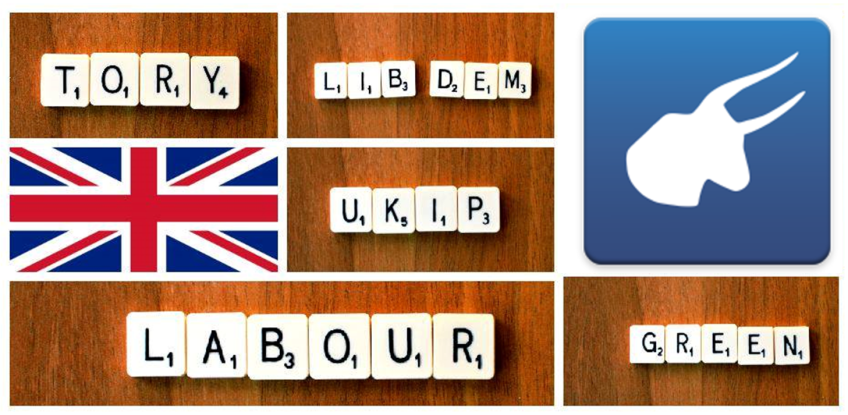
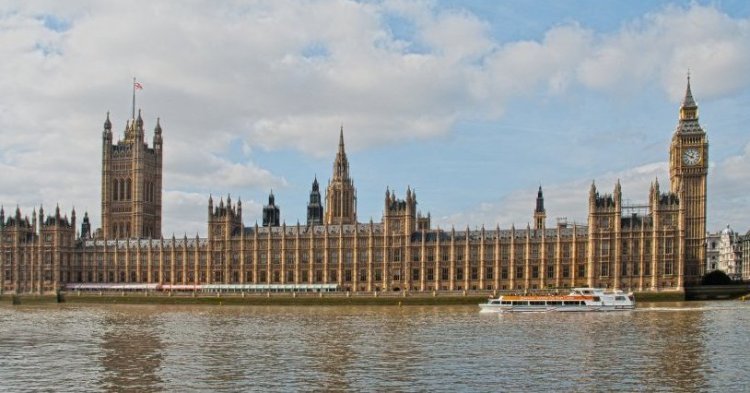
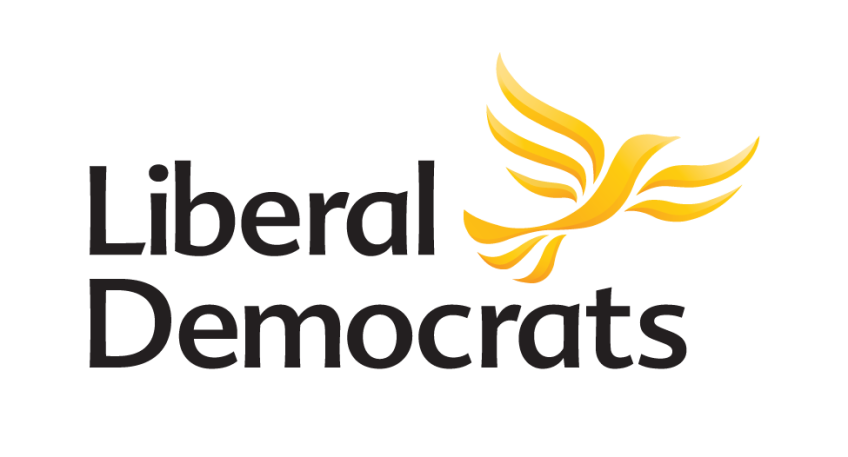
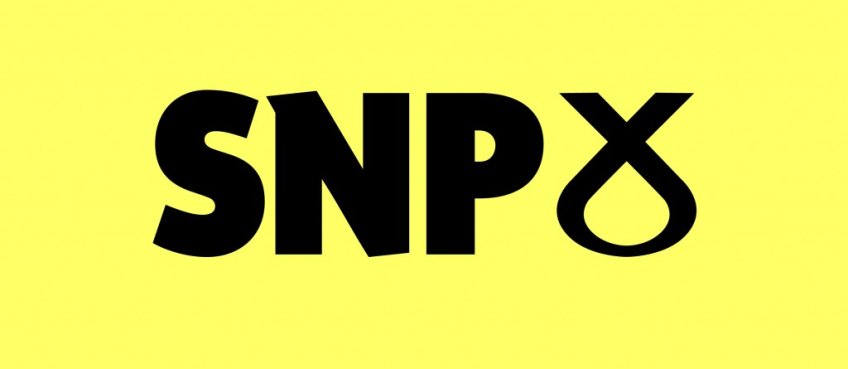


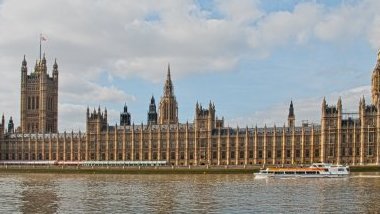
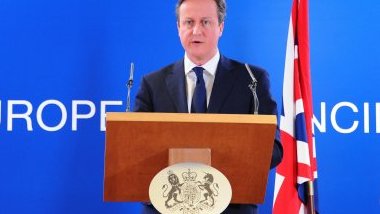
Follow the comments: |
|
